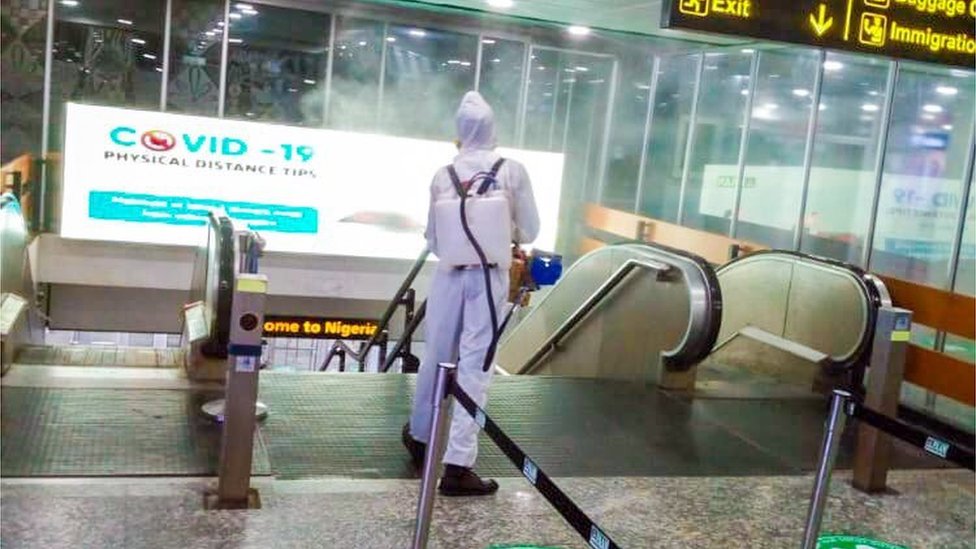THE Nigeria Centre for Disease Control (NCDC) declared yesterday that Nigeria is not at risk yet of the Human Metapneumovirus (HMPV) infection.
In China, thousands of people, especially children, had been hospitalised due to the infection.
The centre, apart from its advisory, also reintroduced COVID-19-like emergency protocols at the airports, borders and public health centres.
It listed the measures taken as comprehensive situation analysis at Points of Entry (PoEs); development of an HMPV Entry Implementation Protocol as approved by the Health Minister Prof. Ali Pate and the identification of quarantine facilities for managing suspected or confirmed cases.
NCDC Director-General (DG) Jide Idris said that following the dynamic risk assessment, the agency, in collaboration with others, is strengthening its preparedness at the PoEs, among other steps, to mitigate the potential transmission of HMPV through international travel.
“The key actions taken, he said, include a comprehensive situation analysis at PoEs, the development of an HMPV Entry Implementation Protocol approved by the Minister of Health and the identification of quarantine facilities for managing suspected or confirmed cases.”
He also said Infection Prevention and Control (IPC) materials and Information, Education, and Communication (IEC) resources are being deployed to frontline staff and travelers.
Idris added that surveillance has been enhanced with the National Influenza Sentinel Surveillance (NISS) sites monitoring Influenza-like Illness (ILI) and Severe Acute Respiratory Infections (SARI), now including testing for HMPV.
In addition to laboratories in states with international airports being equipped to facilitate the testing, the Director General said hospitals nationwide have received advisories on IPC practices, while healthcare workers are being trained for case management preparedness.
He also spoke about stockpiles of personal protective equipment, laboratory reagents and essential supplies for deployment.
Through risk communication and community engagement, Idris said NCDC has continued to ensure clear public messaging, dispelling misinformation, and encouraging appropriate health-seeking behavior, underscoring its commitment to proactive health security.
In the health advisory, he emphasized that HMPV spreads through respiratory droplets, close contact, and touching contaminated surfaces, all of which should be avoided.
Idris noted that overcrowding and poor ventilation, particularly in settings like Internally Displaced Persons (IDP) camps or correctional facilities, significantly increase the risk of transmission.
To reduce the risk of infection, he urged the members of the public to wash hands frequently with soap and water, cover their mouth and nose when coughing or sneezing, and wear a mask if symptomatic.
He also advised that crowded spaces should be avoided, maintain distance from sick individuals, disinfect frequently touched surfaces, and self-isolate if unwell while seeking prompt medical care.







